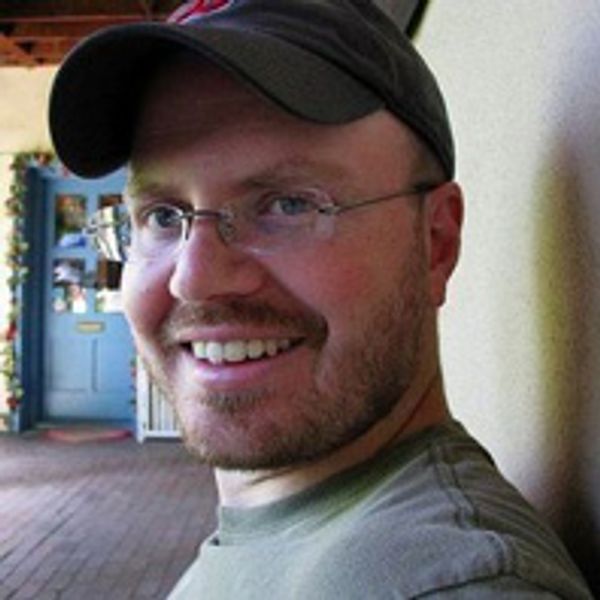Lia Purpura, Wasp Nest (detail), featured in AGNI 102
This Girl I Knew
Glasses, bad bangs, patched blue jeans, creek-stained tennis shoes caked in mud, a father who sells vacuum cleaners, a mother skinny as a nun, a little brother with straw-colored hair and a scowling, confused look in the pews at church: this girl I knew. House at the edge of town, crumbling white stucco. Dog on a chain. Weeds. Wildcat Creek trickling brown and frothy over rocks out back, past an abandoned train trestle and the wreck of an old school bus left to rot. This girl I knew, in whatever room is hers, in that house with its dust-fogged attic windows, its after-dinner hours like onions soft in a pan. Her father sometimes comes for her, runs a hand through her hair. Her mother washes every last stick of silverware, every dish. The night sky presses down on their roof, a long black yawn spiked with stars, bleating crickets. The dog barks once, twice. Outside town, a motorcycle revs its engine: someone bearing down. Then nothing. Sleep. This girl I knew dreams whatever this girl I knew dreams. In the morning it’s back to school, desks, workbooks, an awkwardly held pencil in the cramped claw of a hand. The cigarette and rosewater scent of Ms. Thompson at the blackboard. The flat of Ms. Thompson’s chest, sunburned and freckled, where her sweater makes a V. You should be nice to her, my mother says about this girl I knew. I don’t want to be nice to her, I say to my mother. At recess this girl I knew walks around the playground, alone, talking to herself: elaborate conversations, hand gestures, hysterical laughing. On a dare from the other girls this girl I knew picks a dandelion, pops its head with her thumbnail, sucks the milky stem. I don’t want to be nice to her. Scabbed where she’s scratched them, mosquito bites on her ankles break and bleed. Fuzzy as a peach, the brown splotch of a birthmark on her arm. The way her glasses keep slipping down her nose. The way she pushes them up.

Steve Edwards
Steve Edwards lives in Lincoln, Nebraska, with his wife and young son. His fiction and poetry have recently appeared in Sou’wester, Passages North, and The Fourth River. His memoir, Breaking into the Backcountry, chronicles the seven months he spent in “unparalleled solitude” as the caretaker of a 95-acre wilderness homestead along the Rogue National Wild and Scenic River in southern Oregon. He is working on a nonfiction book about his grandfather, who, in 1942, was featured on the cover of LIFE for a photo-article about “the strength, intelligence, and fiber of the raw young men” drafted to fight in World War II. (updated 4/2011)
